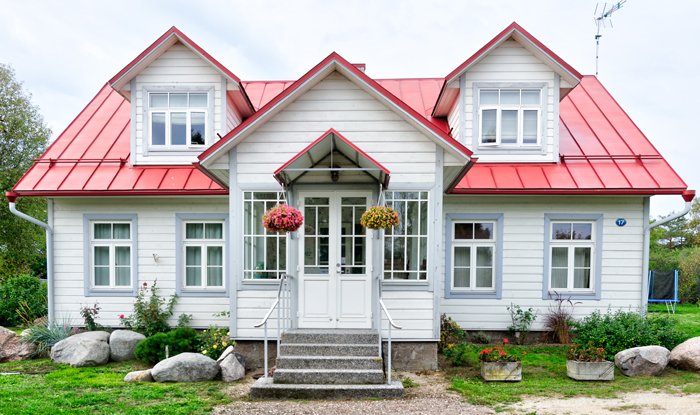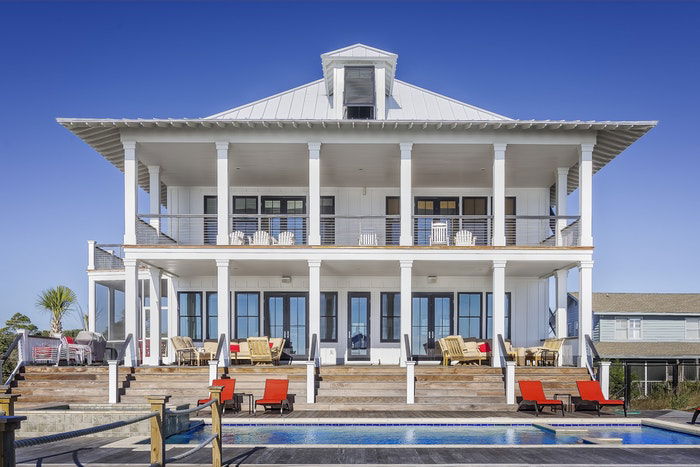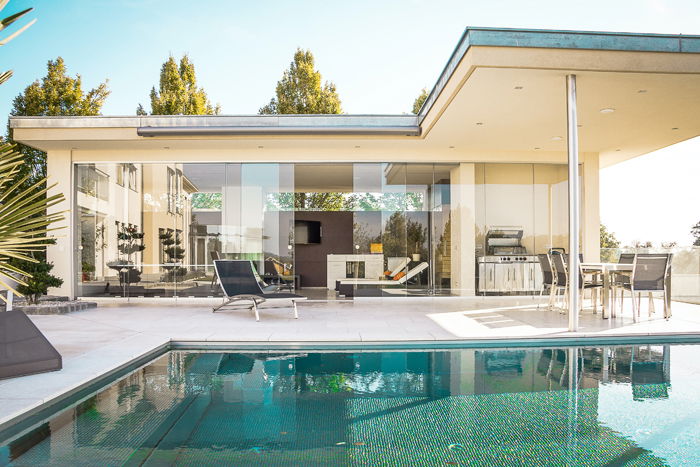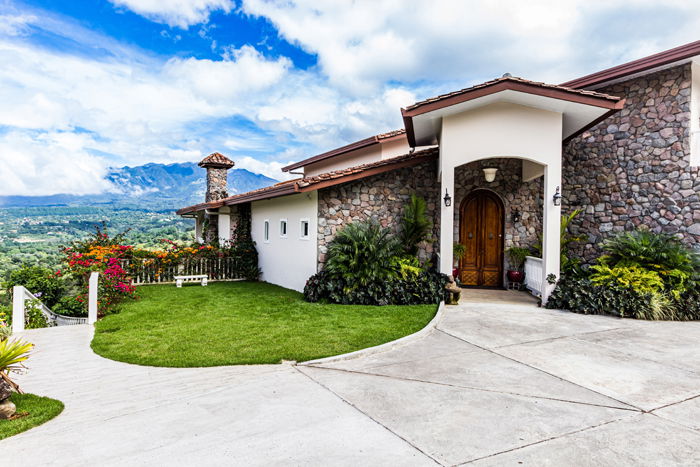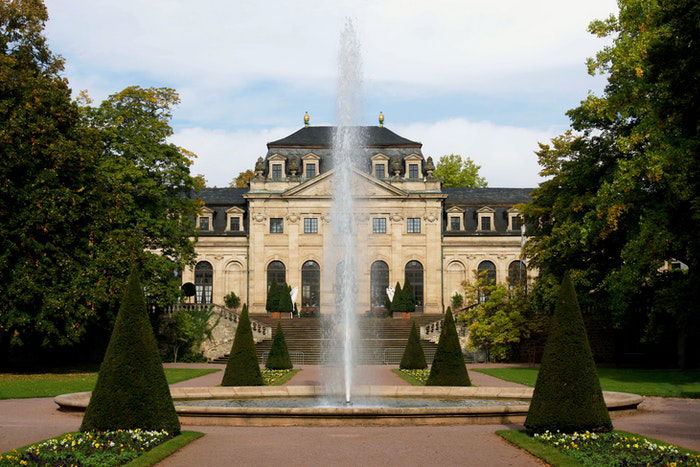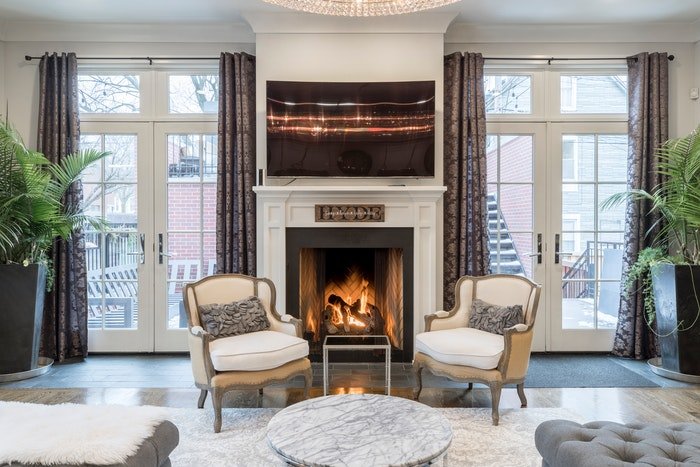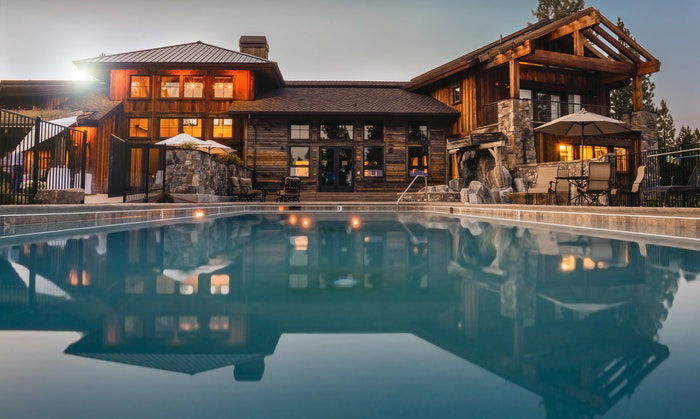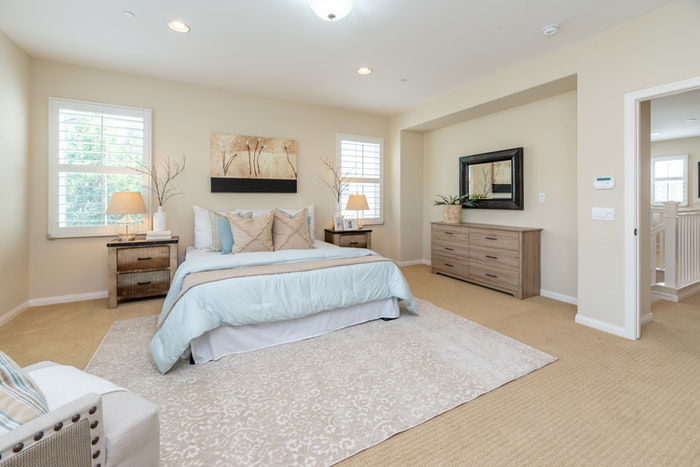There are certain general steps when starting a photography business, but every niche has its special requirements. Read our article to learn how to start a real estate photography business.
8. Create a Business Plan to Start a Real Estate Photography Business
Having a business plan is the key to success. Create a vision and determine your short- and longterm goals. Decide on the real estate photography niche you want to enter. Do you want to specialise in high-end properties? Those may pay better. But the expectations are also higher. Or do you want to dive into hotel photography? Maybe you want to focus on Airbnb photography? You can cover several niches. But it is better to be an expert in one field. It will be easier to stand out from your competition. Do thorough market research before starting your business. Check if the local market is saturated and get to know your competitors. Decide on your target audience. Are you going to photograph for owners or agents? Or both? Choose a name for your real estate photography business. It should reflect your business but also catch people’s attention. And it should be easy to remember.
7. Estimate Your Costs and Incomes
Plan your costs and sources of income. You will have a higher starting cost and then ongoing costs as well. You need to invest in equipment, editing software, a website domain and insurance. During your business operation, you will have to spend on the website maintenance, taxes and marketing materials too. Decide on your rates. Researching your competitors’ prices helps you understand where the price level stands. Ask your target audience about how much they are willing to pay for the services. This will help you find the price range you can consider. Even if you dislike numbers, you need to estimate how much you will spend and how much you plan to earn. Otherwise, you won’t make any profit Decide on the services and extras you offer. Do you want to offer virtual tours or aerial photography? Do you offer an express service and be ready in 24 hours? You can ask for a higher price for the extra services. You can also consider if you want to teach real estate photography workshops. Many professional photographers offer courses and they rely on them as extra income.
6. Get the Paperwork Done
Once your business plan is ready, you need to form a legal entity. The best business structure depends on your location and your preferences. You also need to register for taxes and you might need permits and licenses. This again varies with state and country. I recommend checking the local regulations. It’s a smart idea to get a business bank account and get a business credit card. It can come handy to see your business’ credit history if you think about investors in the future. The only way to see your expenses and incomes is to set up business accounting. This also makes tax filing easier. Get a contract ready for your services. It should include your and your client’s rights and expectations. Make sure to involve a part on intellectual property ownership too. I recommend getting the contract ready with a lawyer. Even if it means investment, this is not the part where you want to spare money.
5. Have a Website With Your Portfolio
Having a website showcasing your real estate photography portfolio is a must. People want to see your style and image quality. If you have done a few real estate photography jobs, this is the time to show your best results. But make sure you don’t have any legal consequences by showing the photos on your website. What if you don’t have any real estate photos yet? How do you build your portfolio to attract clients? You can start by asking real estate agencies if you could take photos for free. This way, they get professional real estate photos. And you get your very first pictures to showcase in your portfolio. You can do the same with hotels or venues. This is a win-win situation for every party. You might want to look at real estate advertisements and approach those who have bad quality photos. Offer them a photoshoot if they let you use the pictures on your website. When it comes to your portfolio, choose quality over quantity. Show only your best 10-15 pictures. The best professional photographers only upload a few images on their website. But those are top quality.
4. Reach out to Get Clients
Getting your first clients might be slow and difficult. You need to reach out and meet as many potential customers as possible. Go to networking events and chat to people. Talk about your portfolio and hand out your real estate photography business cards. Call real estate agents and talk about your services. You need to contact at least 200 real estate agencies or hotels. It sounds daunting, but trust me, you cannot give up after ten calls. Break it up to fewer phone calls, start with 50. See how many of those calls end in a meeting and then a sell. This will help you determine how many people you have to contact to get the business going. Don’t panic, this isn’t how it’s going to be for the rest of your photography business! Once you get your clients, they can spread the world and people will look for your services. But to get started, you need to reach out.
3. Be Active on Social Media Platforms
Get social media presence for your real estate photography business. I recommend Instagram, Pinterest or Facebook. These are the ones that have users looking at the photos. Try to get more and more followers. More followers mean more potential clients. If you have a large audience, there might be big hotel brands or famous real estate agencies approaching you. They can offer you deals that make your work more famous and help their business as well. Being active on social media is also a good way to get to know your target audience. They can give you feedback, even if it comes in the form of likes and comments. Consider uploading a few behind the scene shots. These can show your professional setup and preparation. Having a lot of followers means that you might get a chance to go expand into other types of photography. I know real estate photographers who transitioned into the hotel and then interior photography.
2. Ask Clients for Reviews
After the work is done, ask your clients to give you good reviews. You can showcase them on your website. Or post about them on your social media platform. There is no better form of advertisement than word-of-mouth. People tend to trust other people’s opinion on a business.
1. Keep Your Clients Coming Back
You can build up a stable client base for your real estate photography business. There might be hotels or real estate agents who only want to work with you. Keeping a customer is always cheaper than gaining a new one. Treat your existing clients well. You can offer discounts every now and then. Or establish a loyalty program. Make sure you always follow up with your clients. Thank them for choosing you and make sure they are satisfied.
Conclusion
Starting a real estate photography business requires preparation and planning. You need to invest money and time to get it started. Your efforts will lead to success. Keep improving and learning new things to deliver fantastic results. These will let you score more and more real estate photography jobs.
